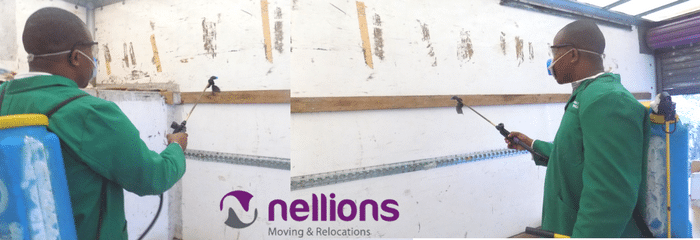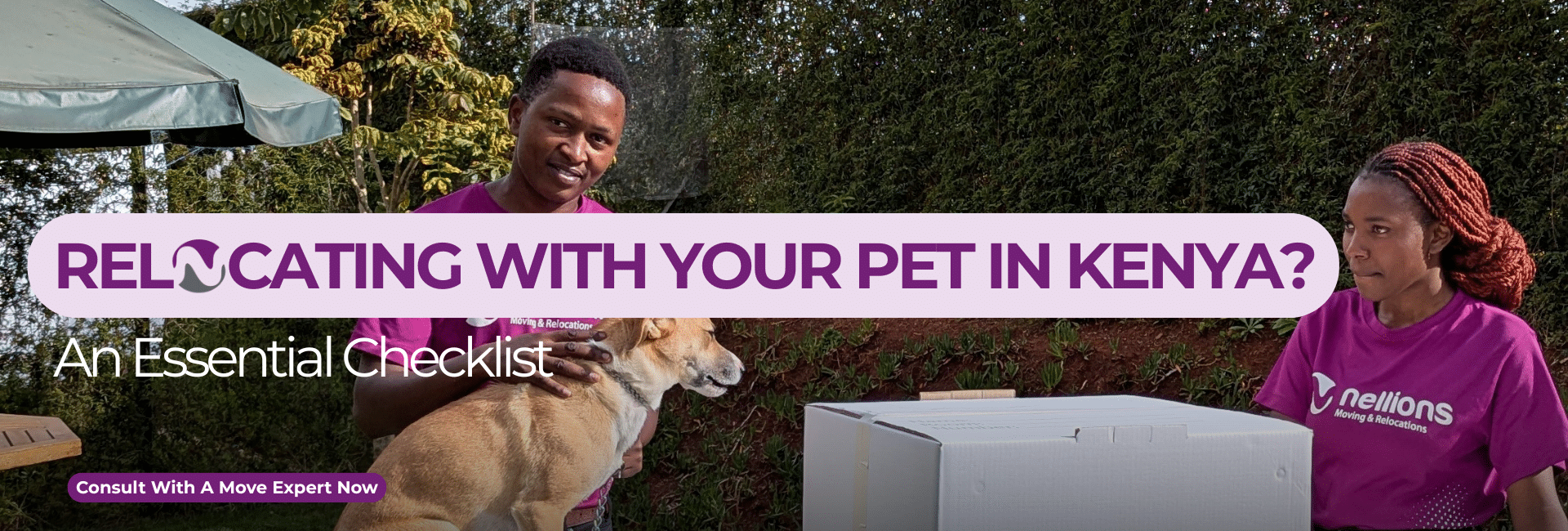When you hear of bedbugs, what comes to mind? Do you think of cramped up spaces with poor lighting? Or do you see dirty and untidy spaces? There is a misconception people have that bedbugs are only found in dirty places. While it is true that untidiness can contribute to their breeding, it is not the only reason why bed bugs are found in homes. Even the most immaculate of homes can have bed bugs.
Before moving to a new house or office, you should really think about how safe you are from bed bug infestation. Want to know how serious it is? Well, one female bed bug can give rise to about 5000 bed bugs in just six months. And to make it worse, these bugs tend to become resistant to fumigation chemicals with time. They are hard bugs to kill.
Many times, clients ask us to contract third party services on their behalf to help them in fumigating their homes. If you have a bed bug infestation in your house, it is highly recommended that you get your house and the household items fumigated. In this article, we will be talking of ways you can protect yourself, your family and colleagues from bedbugs when you are moving houses or offices.
What are bed bugs?
Bed bugs are flat, reddish-brown, oval insects. When they haven’t fed, they are just about the size of an apple seed. They are attracted to two things, warmth and carbon dioxide. That is why they love attacking at night when we are asleep.
Where do they hide?
They love hiding in dark places and crevices. They are often found in mattress seams, in spaces in the bed frame, behind furniture surrounding the bed (especially the headboard) or where the wall meets the floor. They also like hiding in bedding folds. Often found in rooms or areas shared by the public like hotels or public transport vehicles, these bugs can be extremely mobile as they move from person to person through the personal luggage such as suitcases, clothes and even purses.
When you have had contact with these means of transport or with members of the public, one is advised to undress away from the bedroom or living room area. Have a laundry section away from any place the bed bugs might hide in.
How do you know that your home is under bed bug infestation?
When you see any of these signs, then you can be sure that you are under bed bug attack:
1. Seeing the bed bugs
Seeing is believing. If you see these bugs in your home, then there should be no doubt in your mind that there’s an infestation. As stated earlier, these bugs are the size of apple seeds when they become adults.
2. Case skins
As the bugs grow, they shed off their skins. If, on inspection, you find the skins resulting from molting, then you should work on getting your home fumigated.
3. Black and brown stains on bedding & furniture and a general musty odour.
After feeding, the bed bugs return to their hiding spots where they excrete. These excretions stain surfaces. You recognize them as black or brown stains especially on beddings. The bugs also produce a musty odor. In low concentration, people have been recorded saying that it smells like coriander (in old literature, bed bugs are referred to as coriander bugs because of this.) However, in high concentrations, the smell is unpleasant and has been described as wet moldy shoes or moldy clothes.
4. Bites
Since there are many causes of bites, some common ones being insect bites like mosquito bites, it’s important to find out what caused the bites. There is no specific way people react to bed bug bites since we are all different. In fact, there are those that do not react at all to the bites, hence cannot know that their home is under bed bug infestation until they see them. But if you spot any bites, it’s important to find out if they are bed bug bites so that you can get rid of them.
Bed bugs can find a way into your living or working space easily through the guests you receive and host. Seeing that these bugs are the masters of hide and seek, they can easily hide even in the clothes we wear. Let us now talk of ways you can protect yourself and your household from bed bugs.
Before Moving
So, you have made a decision to move houses. Apart from the logistics of moving and the costs, you want to make sure that everything to take to the new house is everything you want to be there. So, you declutter. But did you remember to make sure that your items are bug free? If not, you may be in for a rude shock in your new home.
For you to make sure that you do not move into your home with bed bugs, here are some things you need to do:
- Air bedding, seats and seat covers: Before moving houses, make sure that you put your bedding and mattresses out in the sun for at least a day. Do not forget to do the same for your couches and the seat covers. The heat of the sun makes the bed bugs restless, so it helps rid off of them. If there’s already an infestation of bed bugs, it’s best that you have the furniture treated.
- Wash laundry in the maximum allowed temperature: Laundering is a cheap and easy way of getting rid of the bed bugs. It has been discovered that putting the clothes and laundry in the dryer for 30 minutes kills the bugs. Launder the bedding and clothes to make sure that you do not take the bugs to your new house.
- Remove all clutter from your home: Bed bugs love clutter. Seeing that they prefer hiding in dark warm spots having clutter in your house encourages and supports their breeding. If there are items you do not use, one is advised to get rid of them. You can sell them, donate or dispose if they cannot be put into good use.
- Treat the new house: Treating refers to fumigation. You should always fumigate a house before moving into it, especially if there were tenants living there before you.
- Air the house: Bed bugs love hiding in warm places. Opening the windows and airing the house to breed.
During the move
- Make sure you are bug free: So, the move day is with us. To make sure that you do not move to your new house with bed bugs, inspect the household items and put aside any that may be infested and have them treated.
- Make sure that your mover is bed bug free: Moving companies deal with hundreds of clients monthly. There’s a possibility that one of these clients might be having a bed bug problem in their home. If this happens, and you get to use the services of this mover, then there is likelihood that your household items might catch these bed bugs. It is therefore very important that you inquire on how often a moving company fumigates its moving materials and trucks.
After moving
- Inspect your new home: Make sure that your home is fumigated before you go in. After you have settled in, inspect your home thoroughly to make sure that there is no sign of bed bugs.
- Air the house: Do this constantly. Not only does it make your house fresh, but it also repels the bed bugs as they prefer warm conditions.












